Of course I have experienced racism
Why speak up now and risk the awful backlash that works to show how I am worth less? Because right now, silence is complicit.
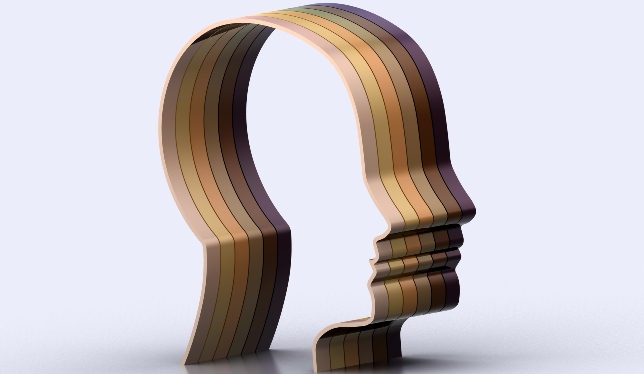
When my child was born, my first thought was not to marvel at him – it was fear that he would be judged by his brown skin, and not by his heart. I was shocked at my own thoughts. In the infinite nights of caring for a newborn, I realized that upon meeting his pure, sweet innocence, I immediately feared for his path in this world.
I am shaken by the racist violence we are witnessing on this continent – but not surprised. Even though I’m living in a cozy situation (benefitting from unwavering support of my research communities, colleagues, students and extraordinary partner), I’ve had many experiences that explain my fears for my son.
I am Canadian. I am brown. I have been asked countless times if I have ever encountered racism. This question tires me endlessly. In my idealistic youth, I would attempt to answer – to educate – because back then I didn’t understand whose responsibility it was to change racism.
I quickly learned that my responses were met with scepticism (surely I misunderstood), defensiveness, and aggression. I have not been physically assaulted because of my skin colour, but I have been spit on twice. Very often, the other person asked me about racism (not the other way around); instead of listening, they concluded that I was somehow fragile or sensitive. All of this to say, my opinion on race was worth less than theirs. The cost-benefit ratio of providing my opinion on whether racism exists in Canada does not work out in my favour.
Why speak up now, and risk the awful backlash that works to show that I am worth less? Because silence is complicit. I am not Black or Indigenous and therefore cannot fathom their experiences, but we: 1) desperately need to hear their voices, and 2) must dispense with colour-blindness (“I don’t see race”) so that we can openly recognize that racism exists in Canada. To that end, here goes: of course I have experienced racism, in overt and ceaselessly covert ways.
- People have declined my care as a healthcare provider >3 times explicitly because of my skin.
- A sales associate has refused to give me an item from behind the case because it was “very expensive” >5 times.
- I have received the earnest, unsolicited advice not to have a child with my white partner because that mixed-race child would experience racism >5 times. One was a complete stranger that accosted us in the street.
- Hateful racial “statistics” and symbols have been written on the sidewalk in my neighbourhood and on furniture in my workplace.
- I have received racial slurs >100 times. The tempo and type change with the times (e.g., post-9/11). Some circle accurately about my ethnicity; but most don’t. I have been called the N-word more times than I can count. This strange experience makes me feel that I somehow stole something from Black Canadians. The majority of these slurs occurred when I was a child. These slurs taught a child about her value in society.
- My first invited speaker gig at an international scientific meeting almost didn’t happen because I was detained at the American border for hours (no explanation given or required), interviewed by six different border agents and searched. I missed my connecting flight. I was upset, agitated, violated, yet expected to provide my scientific address to hundreds. When I travel to the U.S. on my own, I am routinely pulled aside for the random check. I have never been pulled aside when I travel with my white husband. If you are wondering, I have paid all of my parking tickets.
- People have explained to me that I would not have earned my current position without my skin colour (implying not based on my merit) >10 times. These experiences bother me greatly because I have run fast and far on loose gravel to earn my position. I do a good job.
- In Grade 1, I asked my parents why white people wanted to tan – since they hated brown skin. I still do not have the answer.
People tell me I’m lucky that I don’t live in the U.S. They are right, I am lucky – we are all lucky to live in Canada for many reasons. The current events in the U.S. are absolutely soul-crushing. But make no mistake, we are witnessing extreme racial violence, particularly toward Black and Indigenous citizens in Canada.
These violent events represent a horrifying peak of racist experience, but the accumulation of isolated, covert incidents is also profoundly damaging to our students, colleagues and neighbours. Being colour-blind, that is, failing to “see race,” means that we: 1) fail to see the whole person and acknowledge their experiences, and 2) cannot identify (and confront) everyday race-based biases that translate into real harm. Consider: why does Canada have any missing and murdered Indigenous; why does the proportion of students in higher-level education fail to represent our population; why does COVID-19 affect people of colour more than their peers?
I now see people expressing the desire for change and I pray it is authentic but I am scared it is not – and worry the backlash might be even worse. I fear for my son. I fear that I cannot teach him how to respect authority, trust authority and fear authority at the same time. I fear his anger when he tries to reconcile it. I fear begging him to pave his own way forward instead of confronting racism because I don’t believe he will be heard and respected. I am angry that many parents do not have to teach their children these lessons – and the lessons people must teach Black and Indigenous children are even worse. I used to fear my son wouldn’t get a “fair” shake at opportunity; but with recent events, I fear his body, mind and future will be hurt. I fear my son coming home upset because someone called him a racist slur. It will happen. Unless we change.
Monica R. Maly is an associate professor of kinesiology in the faculty of applied health sciences at the University of Waterloo.
Featured Jobs
- Education - Assistant Professor (Distance Education)University of Toronto
- Canada Excellence Research Chair in Energy TransitionsUniversité du Québec à Trois-Rivières (UQTR)
- Business – Lecturer or Assistant Professor, 2-year term (Strategic Management) McMaster University
- Canada Excellence Research Chair in Forest Biodiversity Conservation (Full Professor)University of New Brunswick
- Canadian Politics - Assistant ProfessorUniversity of Toronto

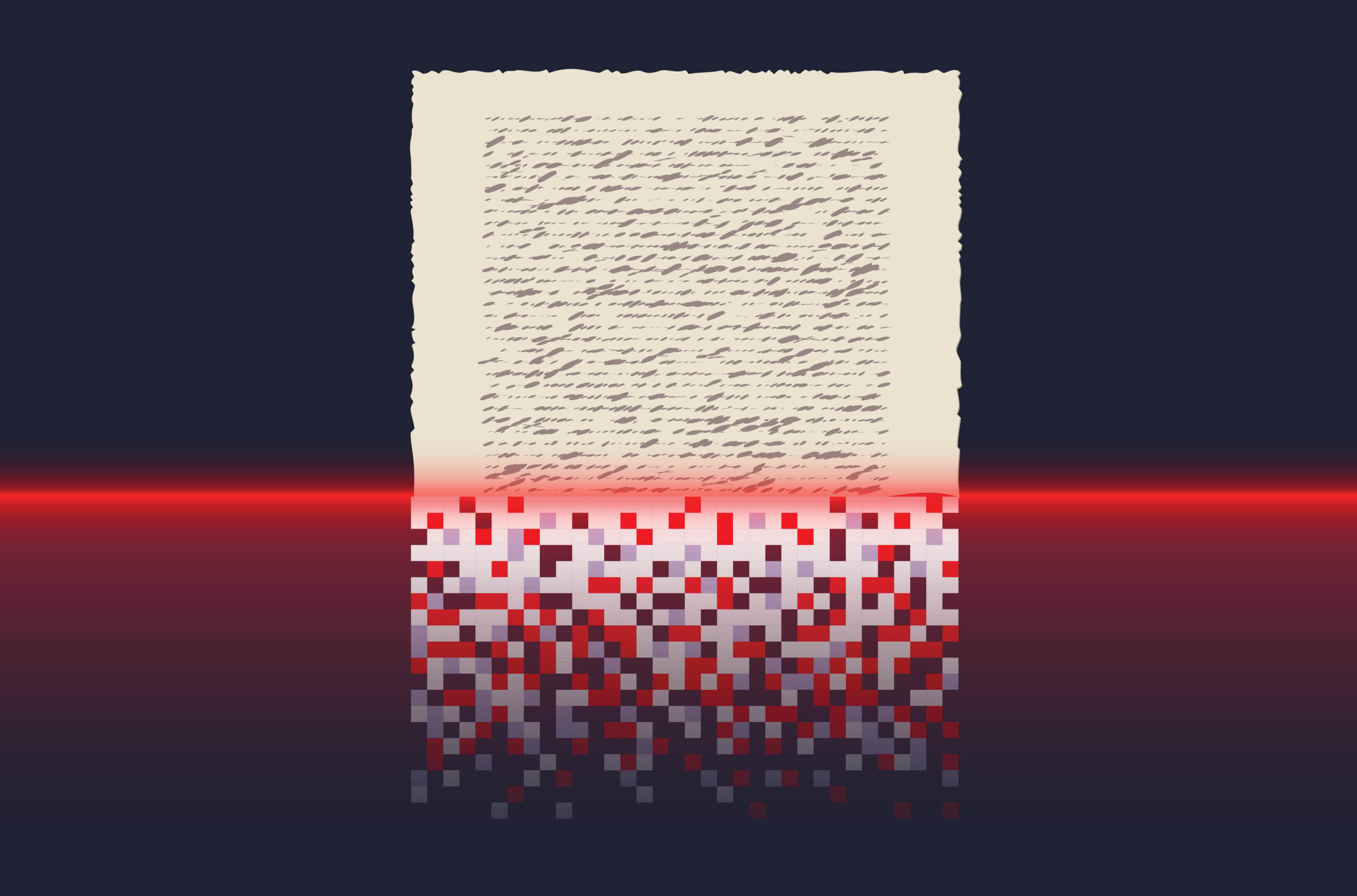
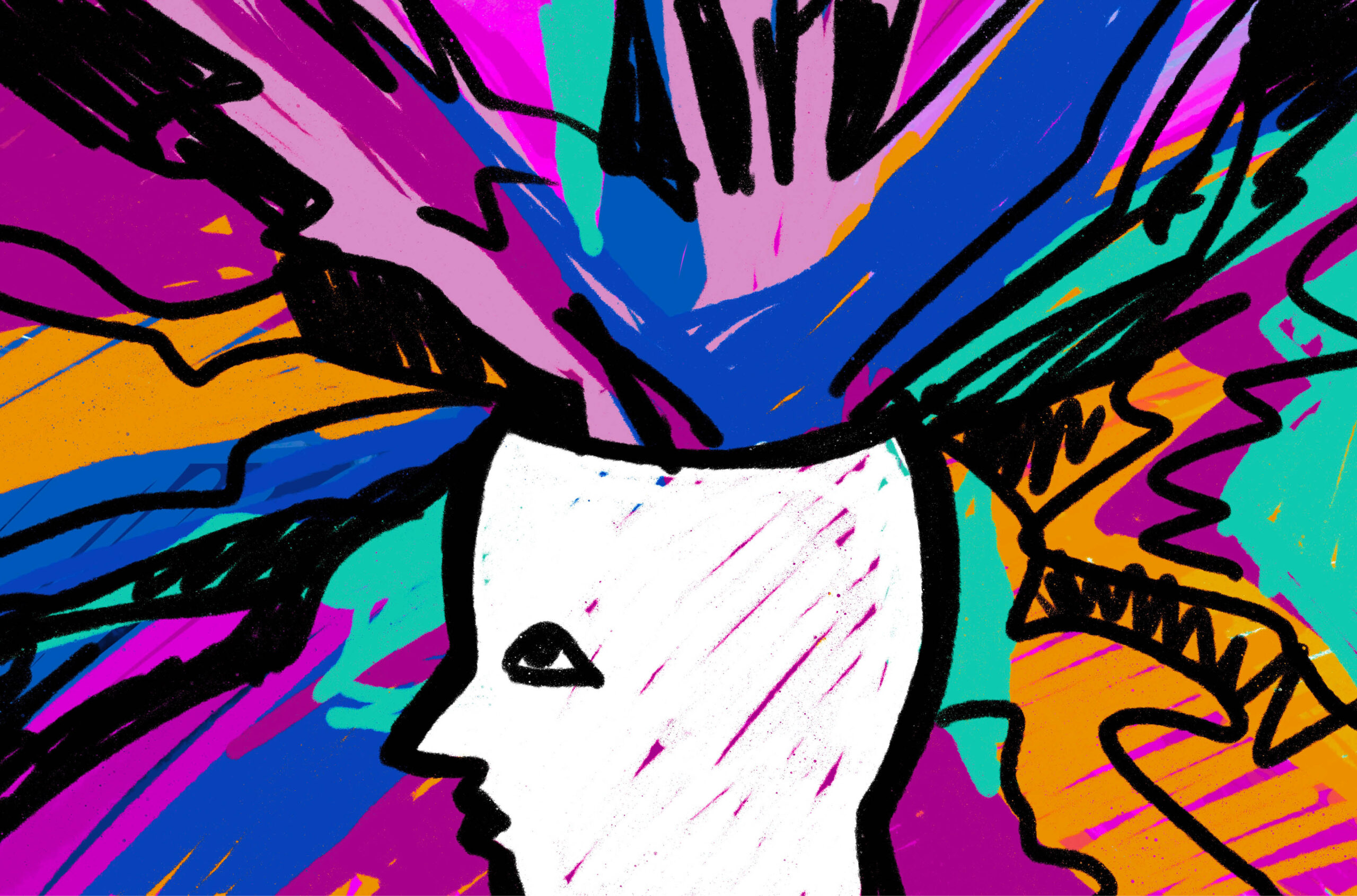




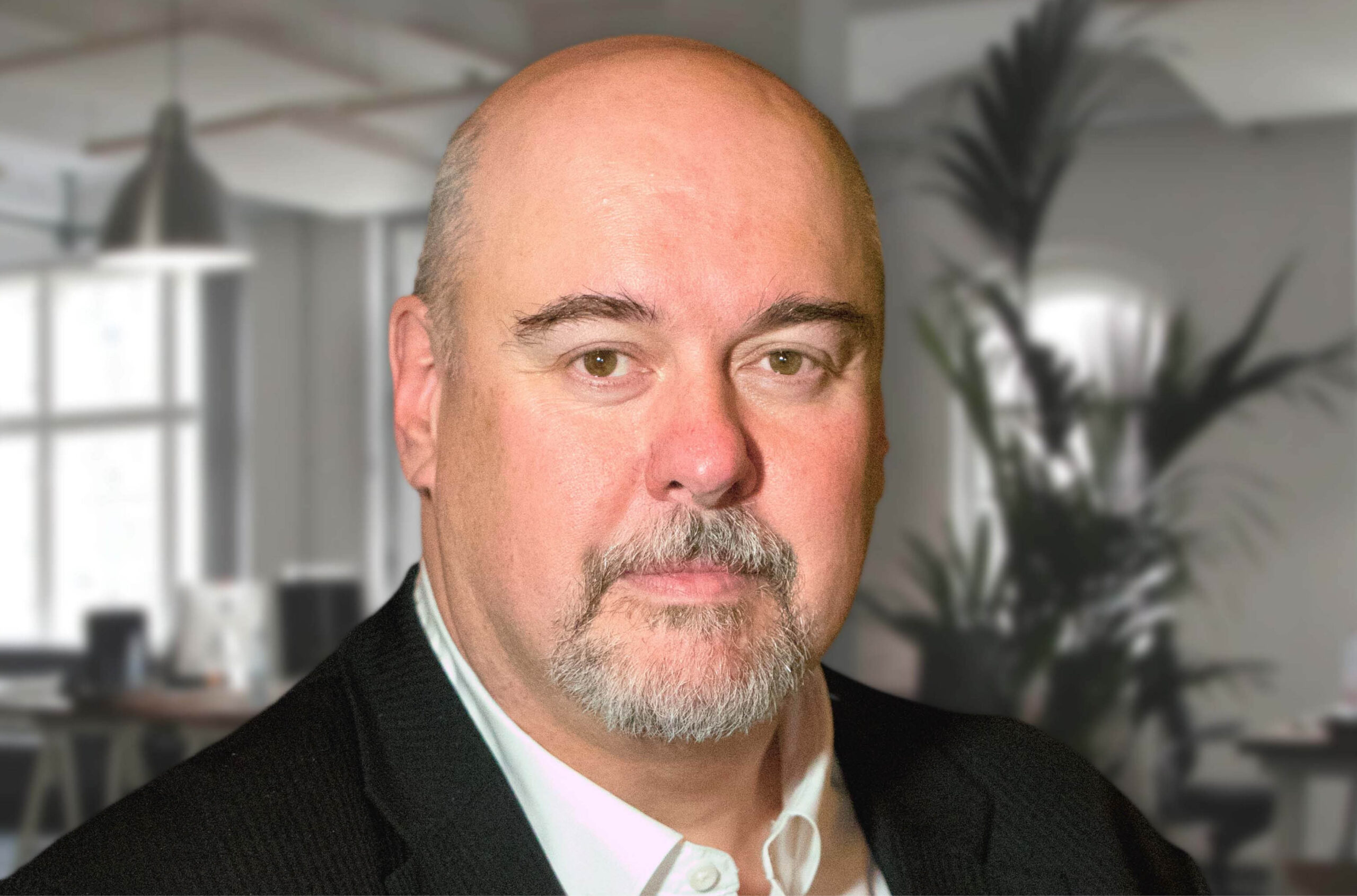
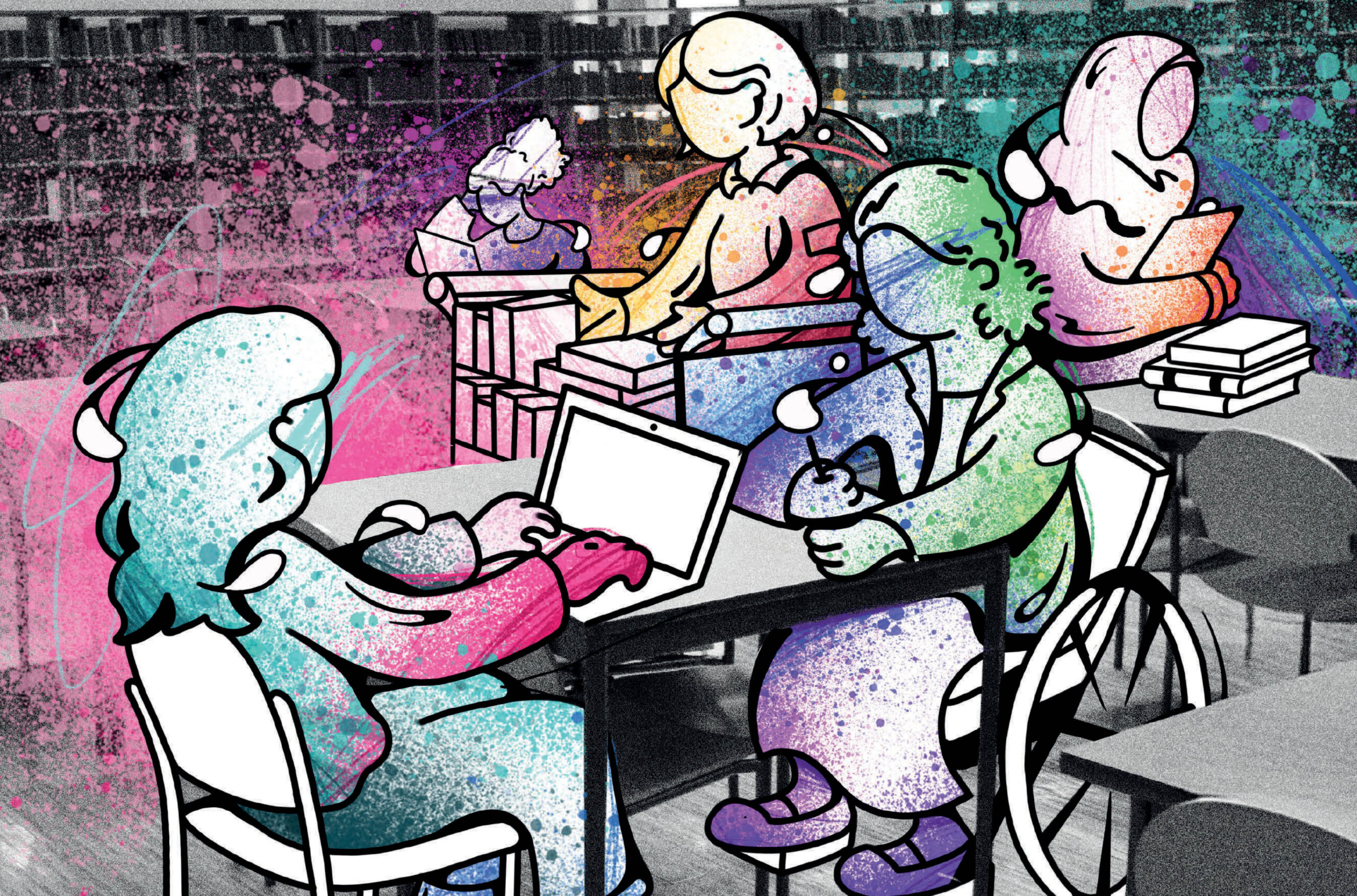



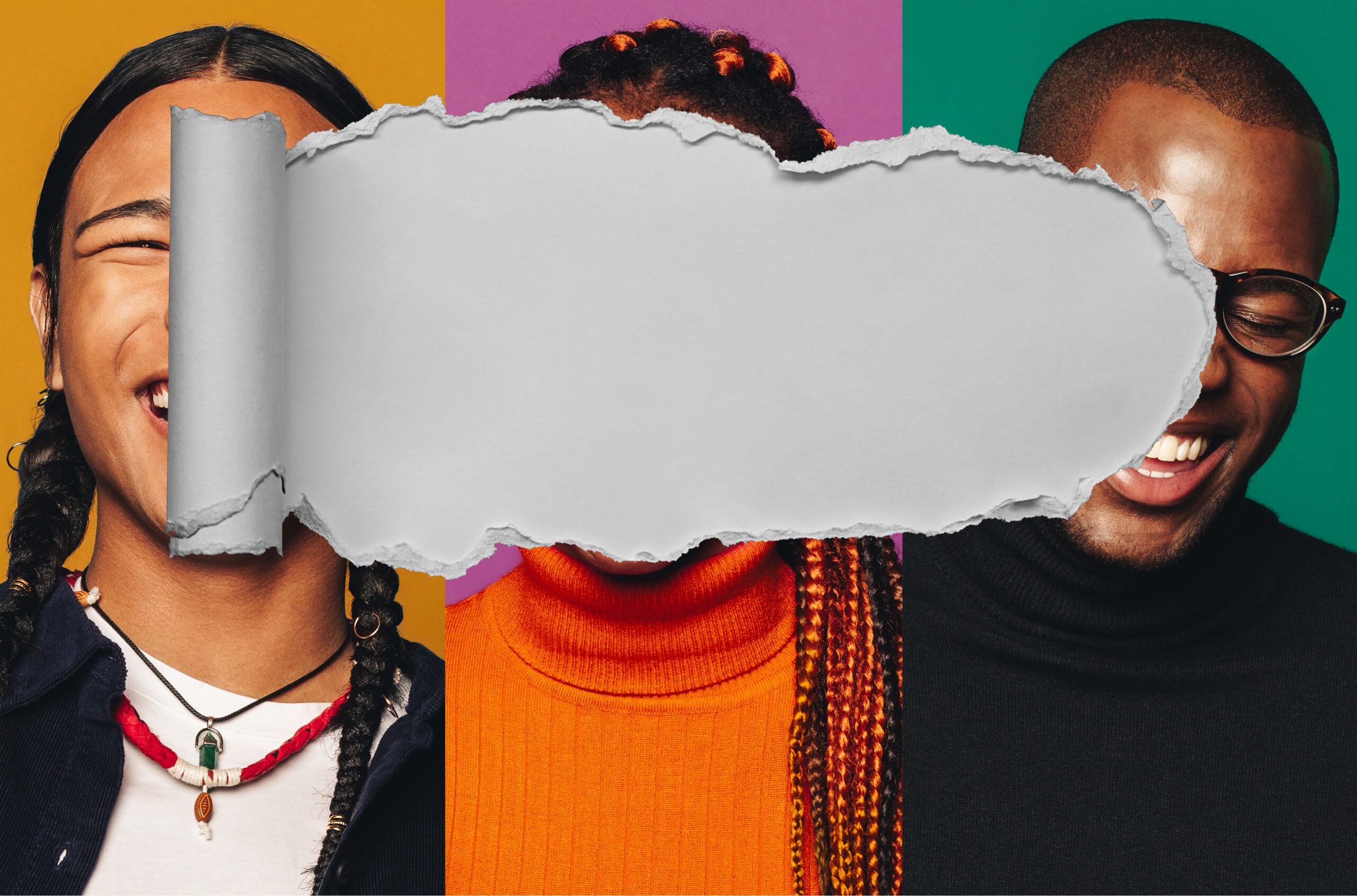
Post a comment
University Affairs moderates all comments according to the following guidelines. If approved, comments generally appear within one business day. We may republish particularly insightful remarks in our print edition or elsewhere.
13 Comments
Courageous post Monica. We need only read the word “fear” 8 times in your last paragraph to know the impact this has on peoples lives. Fear of a present and immediate threat is acute and terrifying but in many ways your post has shown us and articulated that fear of a looming threat can be even more pervasive and damaging. Your first thoughts of joy should not have to be clouded by those that you shared. This is like a chronic disease.in society that is invisible to so many of us with privilege. During this troubled time it appears that we need not one but two vaccines…..until then your little guy has a secret weapon….its you………..
Thank you for sharing this.
I thought your article was wonderful. It highlights all the ways indignities were/are forced on you by others who are too ignorant to treat you as a human being who deserves respect.
Troubling as it is to read this article, the story must be told. Thank you for sharing! If change is to happen, and I pray that it will, we must come to know what has been and is taking place as described in the article. We all share a duty to make life for such people as Ms. Maly and her son free from racial judgement. Let us hope that the current events represent positive winds of change!
Thank you, Monica for sharing your experience. As an Asian immigrant who grew up in Canada, I can relate. I also have three very young extended family members who are black and my heart aches when I think about the likelihood they will experience racism in their own country as they grow up. Like you, I am encouraged by expressions of desire for change. I am committed – for each other and for our children.
As a WFP ( white feminist of privilege), woman, parent, academic and Canadian I consider your explicit teaching here required reading. We have only just begun to listen and believe first voice. Your bullet list contains action items for everyone. The comments about ‘not earning your position’ are repeated again and again within the walls of universities despite extensive efforts by academic institutions, unions and community organisations to inform and educate about employment equity – or just plain fair hiring practice for all qualified applicants. We have to do better. Mostly we need to speak up and keep speaking up about racism and not succumb to the oppressive pressures of ‘civility’. Thank you. I imagine it is exhausting to state the obvious, painful truth again and again. As an Inuk colleague explained to me once, ” I have Qallunaat Fatigue Syndrome” -bone tired from using up her own resources and energy teaching non-Inuit about the value of her worldview.
Thank you for explaining this in a format where no defensive person could interrupt. I am deeply saddened to hear your experiences, but glad to have you be able to voice them. Glad to have you as part of UW and hope to see you in person soon. It has been a long time since I last saw you in Kingston!
Thank you for sharing this powerful piece. As a Muslim Canadian this article reminded me of some negative experiences either I faced or those around me did. I have Muslim friends with dark skin colour that feel they face double racism due to their skin colour and due to their faith. A common example is a patient refusing heath care service explicitly because of the provider name/look. The first step is to name the problem and educate the new generation.
This is a very important piece – a serious contribution to our combating racism. I suspect many readers are shocked to hear that such terrible things happen to someone we think of, or know, as pretty much the same as us. “Oh yes, she’s brown, but nobody really notices that, or cares about it if they do.” There is no separation between us and Dr. Maly – she is a wonderful competent person whom we like and admire. We are, in current terminology, colour blind. What’s wrong with this? WE ARE NOT AWARE. We have never experienced the aggression, abuse, hurt, that have been part of the life of “someone just like us” because these events would not happen just because we were there. We do not notice the instances when racial bias covertly enters our conversations, our own decisions and those of our committees, or when our policies fail to protect or give broad opportunities for bias. In short, we perpetuate the status quo of racism. It seems to me we must do all of the reflection, and implement all of the actions that we are still trying to do with feminism. Thank you for this wonderful contribution.
Thank you for your honest and powerful words. It is a mistake to think this is only an American problem. Thank you for being brave and sharing your experience.
Monica, I just read your article after seeing Lora’s tweet about it and it broke my heart and I just want to say thank you and that you are amazing! As an individual and as a community, I hope that I/we can recognize and act on opportunities that can make a positive difference.
Thank you. This is so clear and so compelling and so beautifully written. I hear you, I believe you, I honor your experience and the pain of coming to the table in an unexpected package. Thank you for staying on the playing field and giving your best to our shared collegial community, and our country.
-Suzanne Kresta, Dean of Engineering, University of Saskatchewan
Thanks very much for composing this piece and sharing it. I hope it gets wide circulation.